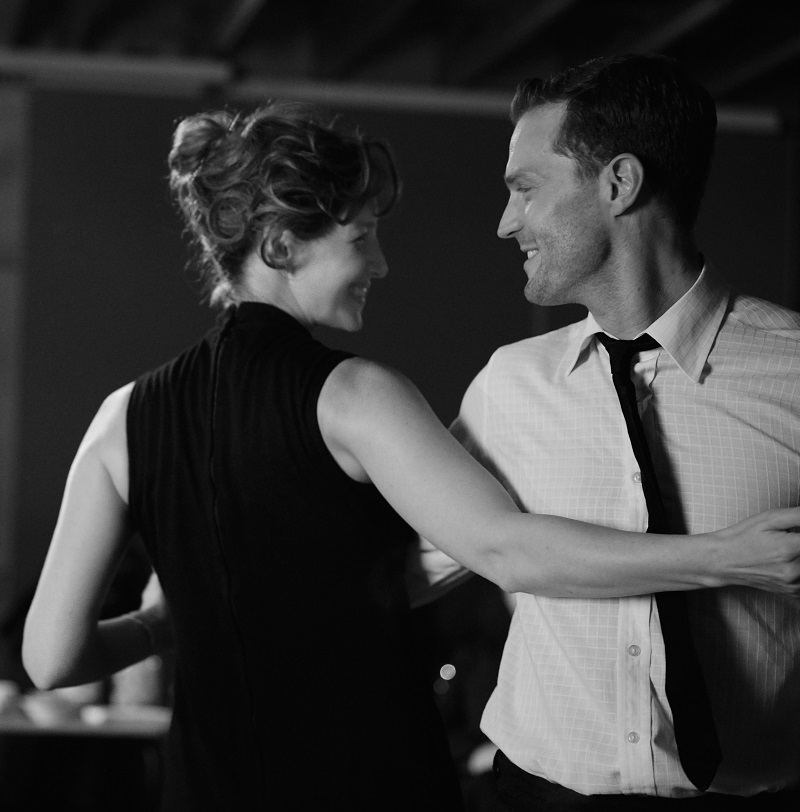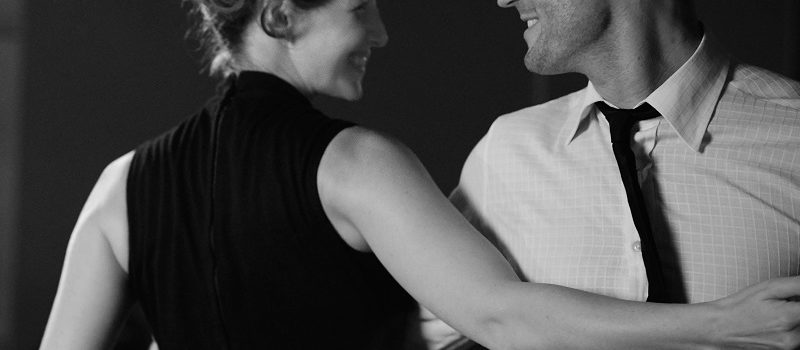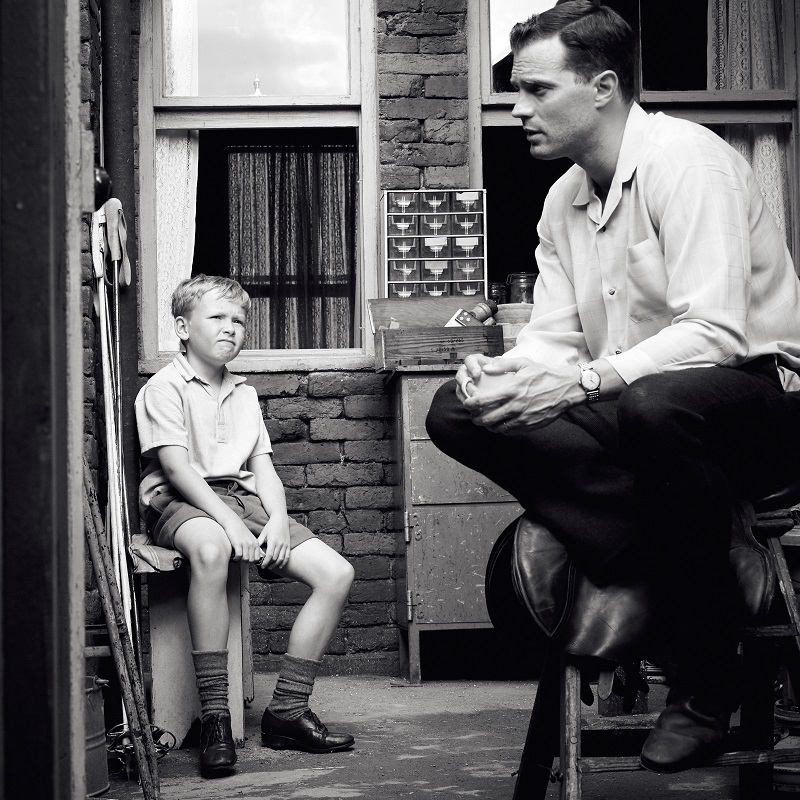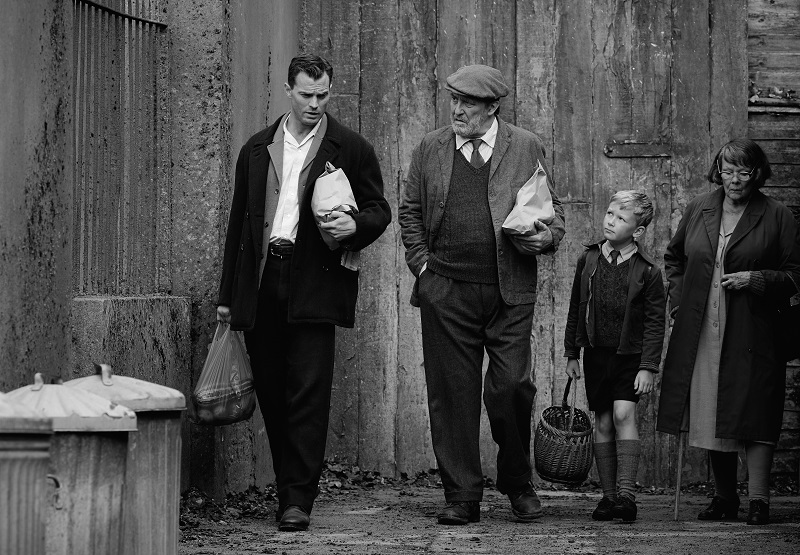The multi-talented triple-threat writer/director/actor Sir Kenneth Branagh used his time in quarantine to write his most personal and introspective film to date, which recalls his experience growing up in Belfast, Northern Ireland during the civil unrest between the Protestants and the Catholics in the 1960s.
From the cinematography to the acting, Belfast is a gem of a film. It’s shot in a pure picturesque black-and-white. Luckily, it’s not dreary, dark, noir black-and-white like Roma or even Mank.
It’s more of a silky, vibrant, Hollywood black-and-white thanks to the handy work of cinematographer Haris Zambarloukos.
Branagh has made a name for himself as a masterful filmmaker, but Belfast may be his capstone masterpiece. Of course, the fact that the film is made with so much heart certainly helps. But moreover, Branagh’s masterpiece offers the ensemble of the year. Judi Dench is a riot as Granny. Caitriona Balfe is a sensation as Ma. Jamie Dornan embraces the patriarch role of Pa with such a healthy and enthusiastic masculinity. But it’s Jude Hill (Buddy) who is the star of the show.
Beyond its aesthetic, there are so many universal themes under its beautiful surface. One could even draw a comparison to what happened in Northern Ireland in the 1960s to the current politically divisive culture in the United States.
There’s even a line in the film delivered by a warm and wise Ciarán Hinds (Pop) when he’s helping his grandson, Buddy, with his math homework. Buddy explains that there can only be one right answer. To which Pop replies, “If that were true, people wouldn’t be blowing themselves up all across this town.”
Pop was alluding to the civil unrest due to a nationalist mentality and both sides, the Catholics and the Protestants. Each thinks they are on the right side of history, whilst being willing to fight and kill others in order to defend their opposing beliefs and not operating from the same baseline of truth.

Digging even deeper, the film also widens the lens and brings awareness to the necessity that some experience to migrate away from their homeland in order to protect their families and provide a better life for their children.
At one point in the film, Ma (Balfe) exclaims that she could never leave Belfast. Despite the civil unrest, violence in the streets, and high unemployment rate, she was concerned about xenophobia and how her family would be treated as immigrants in a foreign country.
This speaks volumes about the courage it takes for a family to leave their home in search of a better life, and the harsh realities of the world in which we live, and humanity’s partisan tendencies.
Belfast also serves as a love letter to cinema. While this is Branagh’s personal account, he places little Easter eggs in the film that show his own love for film. Alas, the one that’s really going to hit home for cinephiles is the theatre sequence when the entire family goes to the cinema to watch Chitty Chitty Bang Bang (1968).
Belfast is a cathartic homage that showcases a talented artist’s admiration for his heritage. It’s a symbol of respect for an entire nation.
More importantly, it’s one of the best films of the year.
Grade: A+



